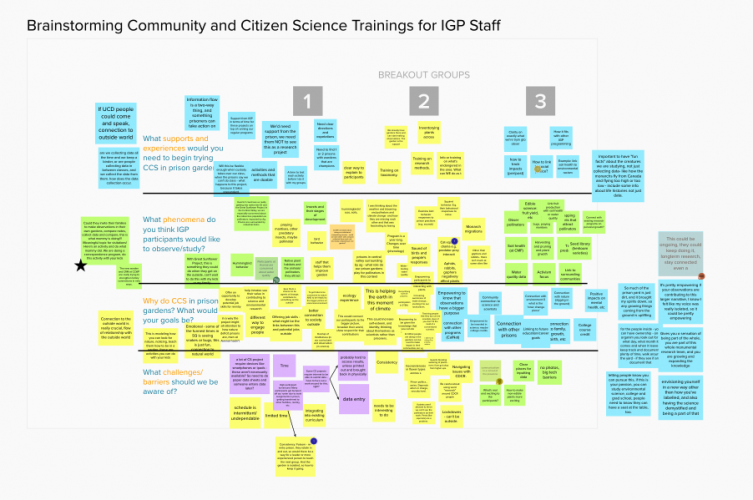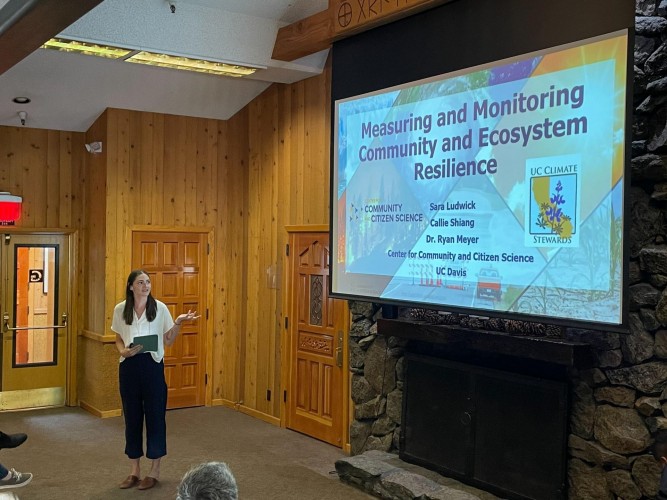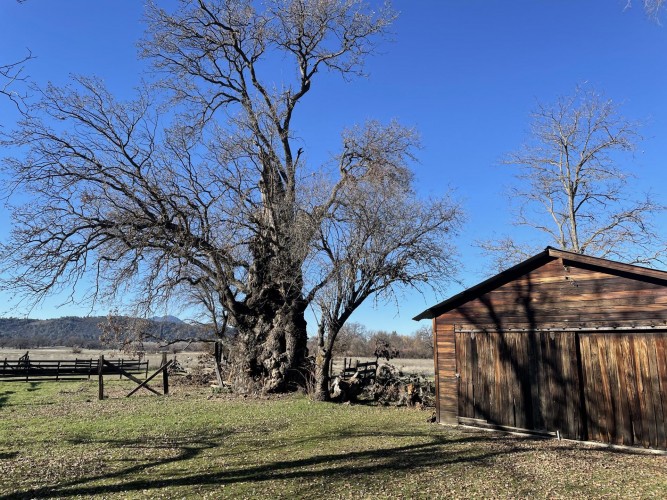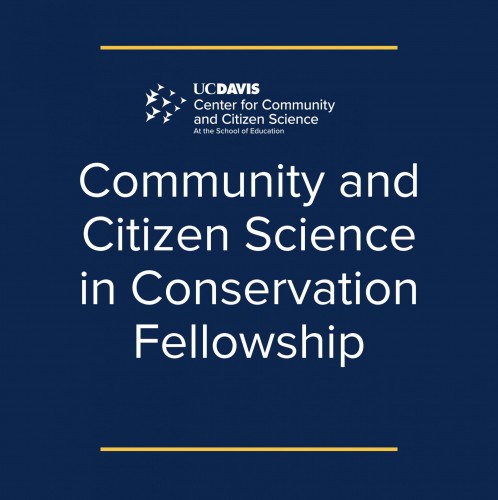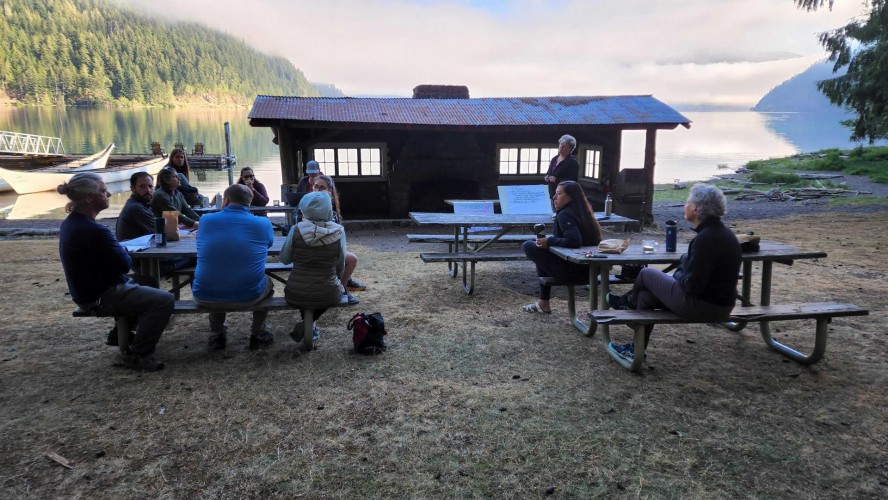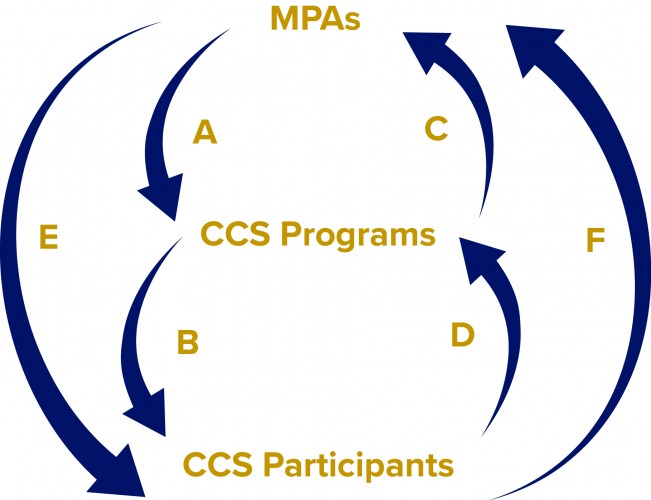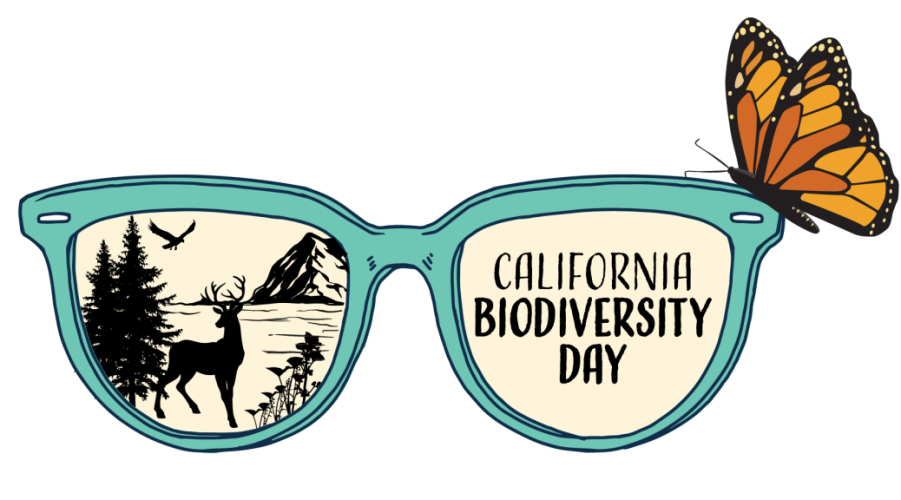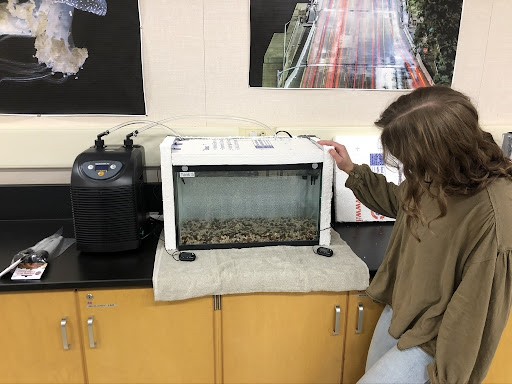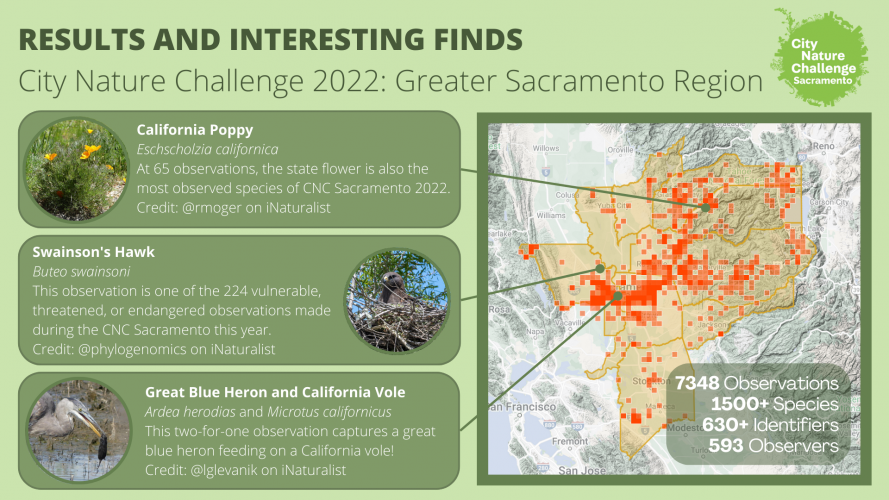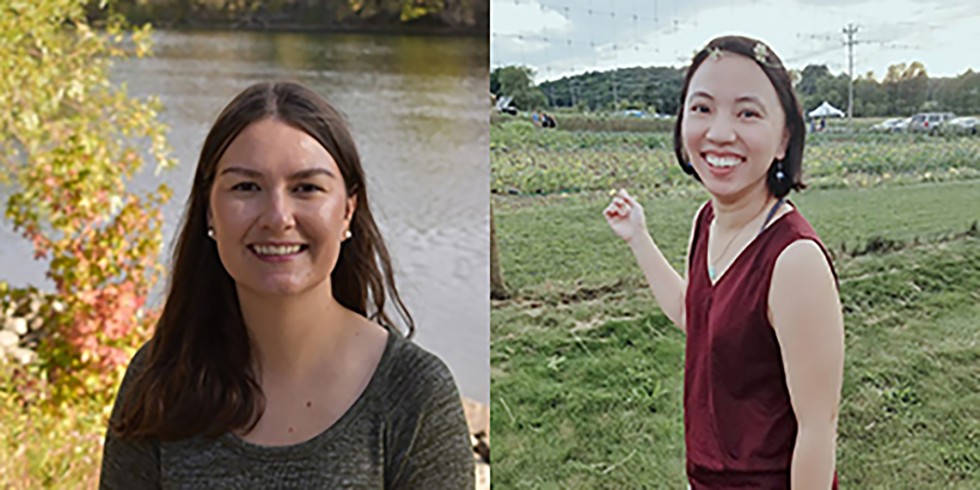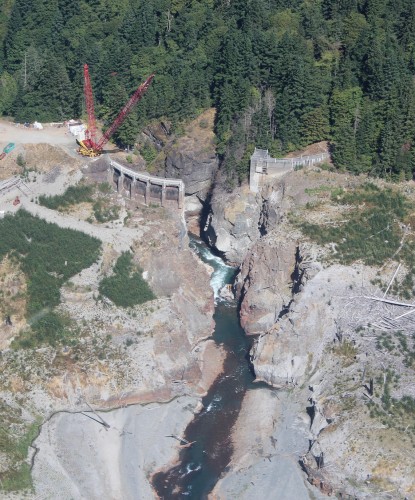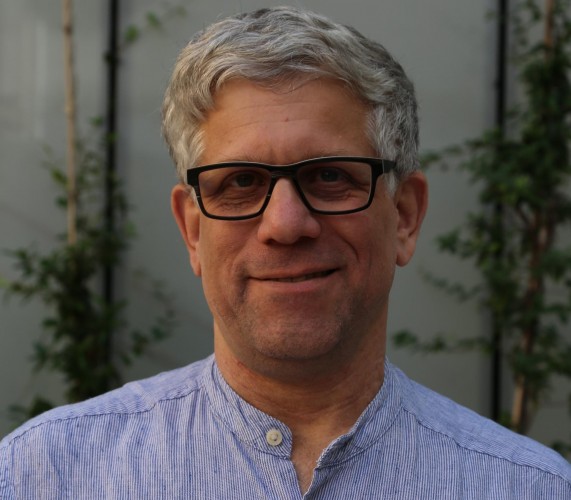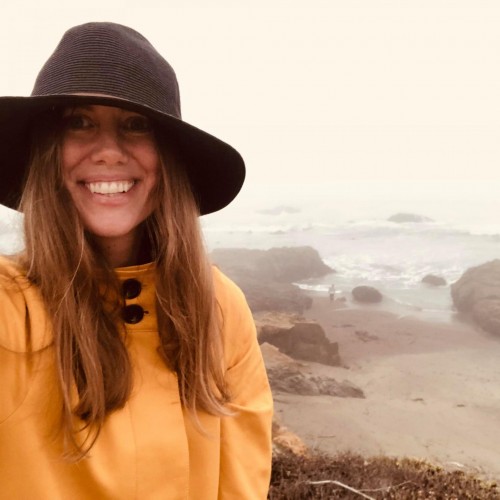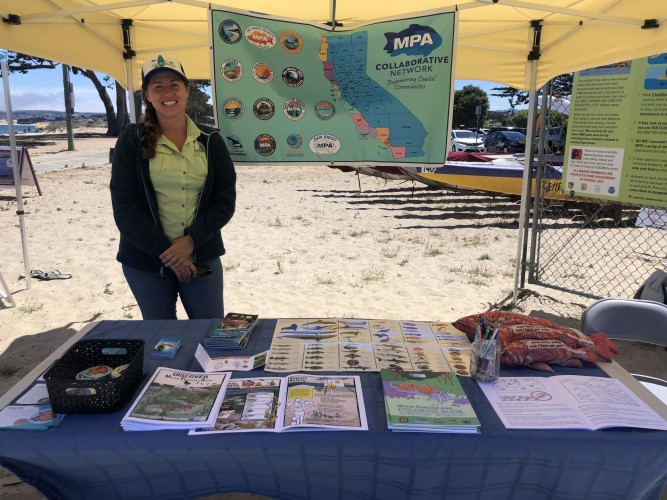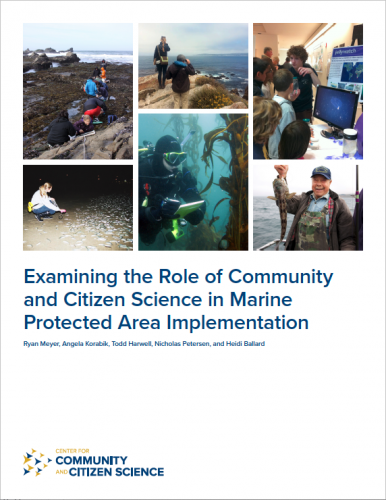Center for Community & Citizen Science Blog
Project Update: Piloting Citizen Science in Prison Gardens
People in prison are taking part in real science in collaboration with UC Davis researchers.
This post is cross-posted from the UC Davis Public Scholarship and Engagement blog. Click here to view the original post.
Project Update: Measuring and Monitoring Community Resilience with the Climate Stewards Program
The Center collaborated with UC Agriculture and Natural Resource’s California Naturalist program to offer an evaluation of a community resilience assessment tool used within the Climate Stewards course, and to identify community and citizen science projects that could support the program’s resilience efforts.
Project Update: Inspirations after a visit to Lake County
Since July 2022, the Center for Community and Citizen Science has been steadily working on a project in collaboration with the UC Davis Center for Regional Change to build capacity for environmental education (EE) and community and citizen science (CCS) in the Clear Lake region.
Our inaugural 2022 CCSiC Fellows
The Center’s statement on the UC-wide strike
Dear Center for Community and Citizen Science colleagues:
We want to acknowledge the difficulties student researchers may be facing professionally and personally with the strike taking place across the UC system beginning Nov. 14, 2022. The high quality research from our Center is dependent on the work of student employees and postdoctoral scholars. We want to emphasize our support for the research work everyone is engaged in with the Center, and also support our students’ rights to fight for equitable working conditions. We also commit to not retaliating against any who choose to strike. Find information and updates here.
Get to Know Our New Graduate Students, Emma and Jadda
The beginning of the new academic year brought two new faces to the Center. We’re excited to welcome Emma Schectman and Jadda Miller as they begin their graduate student work in the School of Education. We can’t wait to see what amazing things they’ll do in the coming years. Learn more about them:
Project Update: Supporting Community and Citizen Science at the Elwha ScienceScape Symposium
The removal of two large dams from the Elwha river in the ancestral lands of the Coast Salish peoples was the first large-scale dam removal of its kind in the world. This effort has inspired many other watershed-scale restoration projects and dam removal organizations both nationally and internationally.
Project update: Community and citizen science in California’s Marine Protected Areas
Moving forward with our research and expanding into Oregon's Marine Reserve System
Since submitting our partner report for the Decadal Management Review of MPAs process, we have been working on a second phase of research to dive deeper into some of the dynamics and nuances of the relationships between the MPA Network and community and citizen science (CCS) programs.
FALL 2022 COLLABINAR SERIES
The UC Davis Center for Community and Citizen Science is excited to announce our speakers for the Fall quarter Collabinar series. The Collabinar invites our colleagues from across the globe to bring us their most exciting opportunities and challenges in community and citizen science. Each session fosters an environment of mutual learning while advancing projects and partnerships.
Resources to Celebrate CA Biodiversity Day 2022
This September 3-11, parks and organizations throughout the state have come together to host in-person and remote events in celebration of California Biodiversity Day 2022. Click here to explore a list of the events. On September 7th, 2018, Governor Brown launched the California Biodiversity Initiative, outlining plans to secure the future for the state’s biodiversity.
GRANT AWARDED TO CONTINUE SPINNING SALMON IN THE CLASSROOM
Solano County Office of Education has received a NOAA B-WET grant that will allow for the expansion of the Spinning Salmon program into Solano County through collaboration with the Center for Community and Citizen Science.
City Nature Challenge 2022 Recap
Every spring, cities from around the world compete in the City Nature Challenge, a four-day nature observation competition, in an effort to help document urban biodiversity. Held April 29 - May 2, the City Nature Challenge 2022 marked the 7th annual international bioblitz with the most impressive global results yet.
WELCOMING TWO ARRIVALS TO THE TEAM: SARAH ANGULO AND SHULONG YAN
We’re happy to announce the addition of staff Sarah Angulo and postdoctoral scholar Shulong Yan this month.
New Publication: Examining youth participation in ongoing community and citizen science programs in 3 different out-of-school settings
Maryam Ghadiri Khanaposhtani, a postdoctoral scholar, and Heidi Ballard, founder and faculty director of the Center, recently published Examining youth participation in ongoing community and citizen science programs in 3 different out-of-school settings, a research paper investigating youth participation in three Community and Citizen Science (CCS) programs led by natural history museums and influential setting features.
Project Update: Center for Community and Citizen Science supports expanded efforts in participatory monitoring of the Elwha River dam removal
On April 18-19th, 2022, researchers from the Center joined the scientific community working on the Elwha River in Washington State to think through the potential for growing public participation in future monitoring of the largest dam removal project in the world.
New Publication and Webinar Series: Teacher Call to Action for Environmental Literacy
As educators and researchers, the Center for Community and Citizen Science is focused on joining young people in the work of learning, doing, and using science to improve the world we share. This means thinking about young people as community leaders and people who do science. We have been working to support educators and educational leaders at both the district and state levels to better understand ways in which citizen science and environmental literacy more broadly can be used to deepen both student learning and development of environmental science agency.
Collabinar: Teaching Citizen Science-Some Insights from the University College London
May 2, 2022
Teaching Citizen Science: Some Insights from the University College London
Monday, May 2, 2022
from 11:00 AM - 12:00 PM PST
Collabinar: Citizen Science in Teacher Education
April 25, 2022
Citizen Science in Teacher Education: Increasing Rigor, Relevance, and Representation in Science Education
Monday, April 25, 2022
3:00 pm - 4:00 PM PST
Collabinar: The Role of Community and Citizen Science in California’s Marine Protected Areas
March 7, 2022
The Role of Community and Citizen Science (CCS) in California’s Marine Protected Areas
Monday, March 7, 2022
11:00 AM – 12:00 PM PST
New reports on Community and Citizen Science in California’s Marine Protected Areas
The Center’s analyses will inform the California Department of Fish and Wildlife’s Decadal Management Review of MPAs
Since Spring 2021, two project teams at the UC Davis Center for Community and Citizen Science have been collecting and analyzing data related to the contributions of community and citizen science participants in coastal monitoring activities within and surrounding marine protected areas (MPAs) throughout the State of California.





